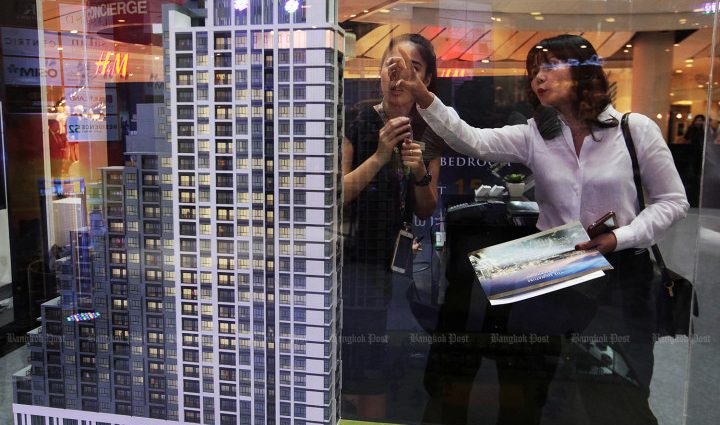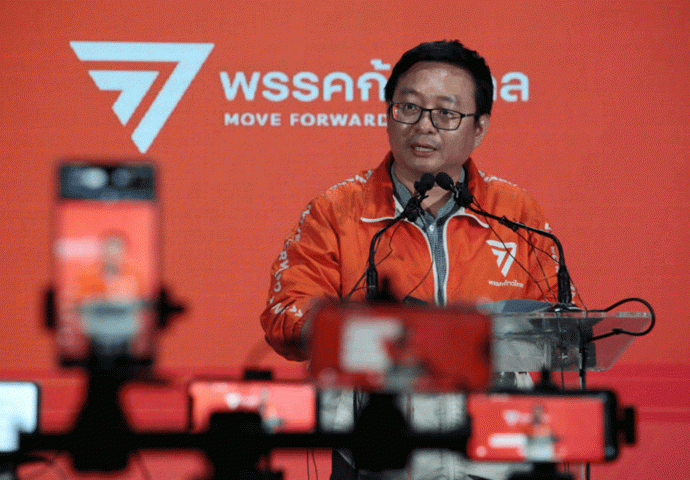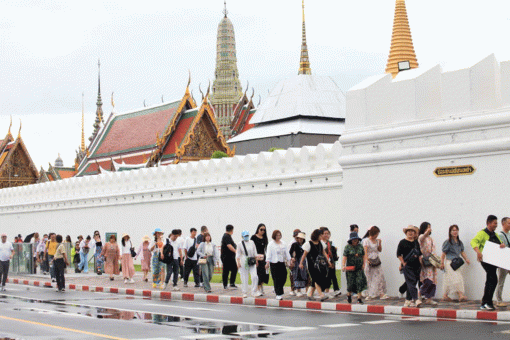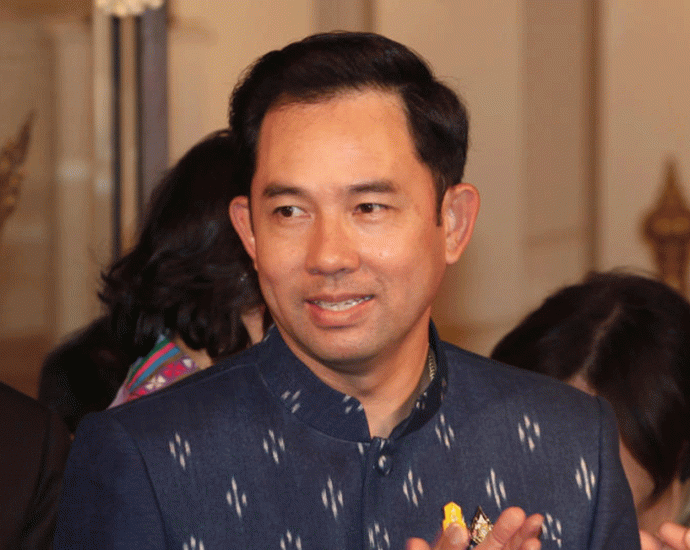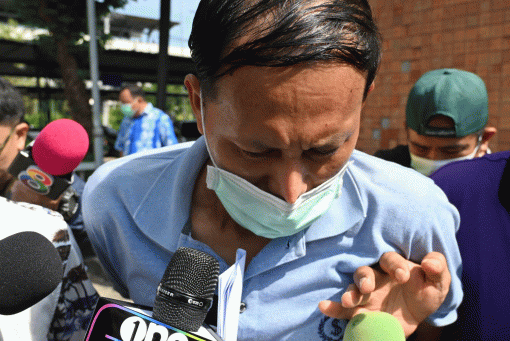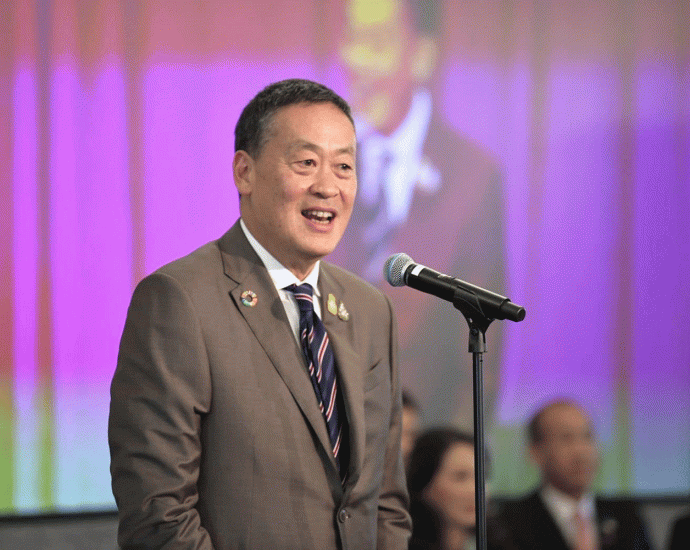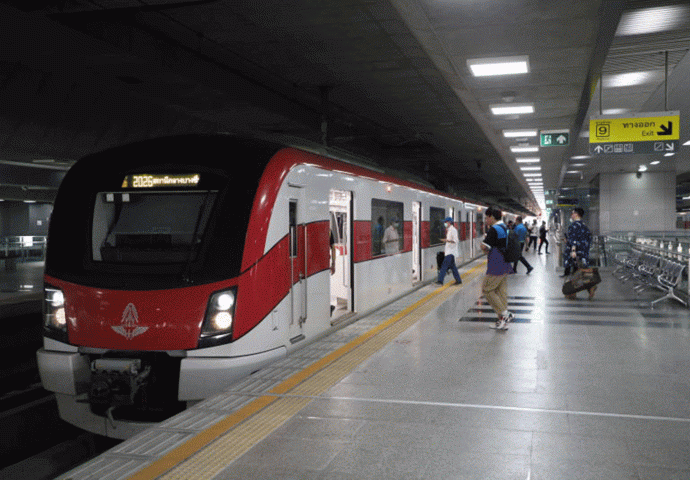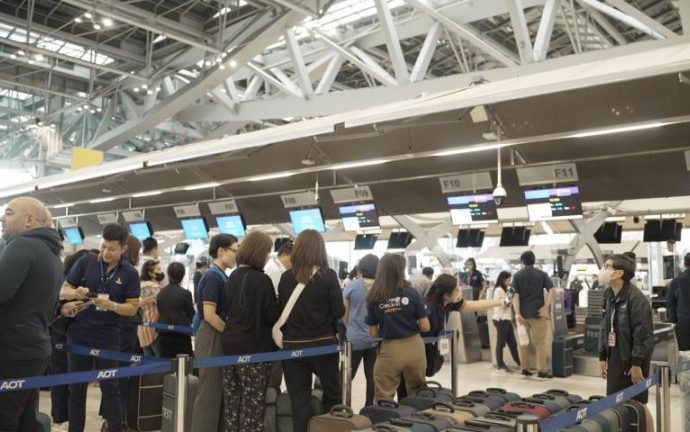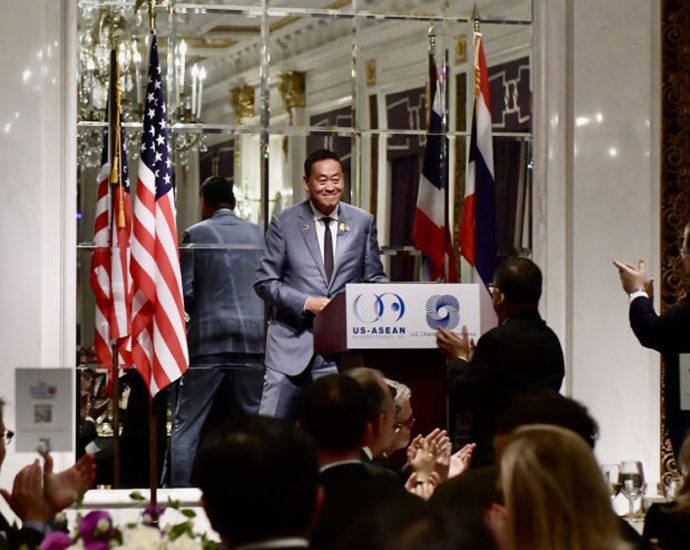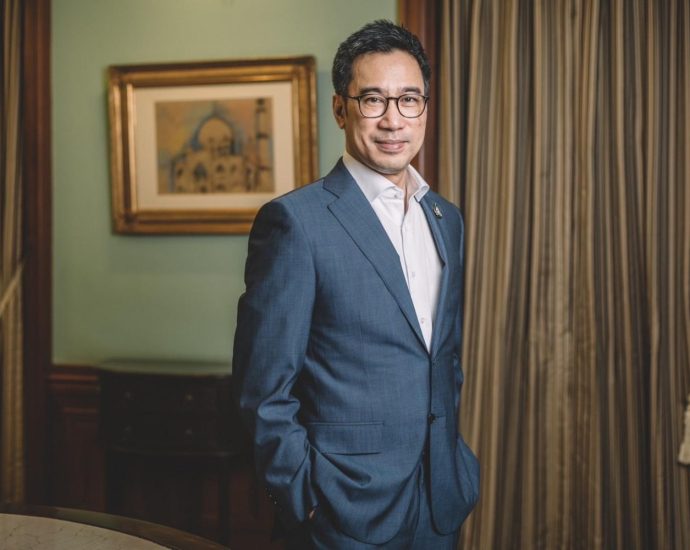Itthipol vows to surrender over illegal condominium
PUBLISHED : 23 Sep 2023 at 04:00

Former culture minister Itthipol Khunpluem has signalled that he will turn himself in after an arrest warrant was issued for him earlier this month.
Niwatchai Kasemmongkol, secretary-general of the National Anti-Corruption Commission (NACC), said yesterday Mr Itthipol had made contact and promised to surrender himself to the authorities.
Mr Niwatchai said Mr Itthipol can contact the Criminal Court for Corruption and Misconduct Cases Region 2, which issued his arrest warrant, or any other government agency.
Mr Itthipol, 50, and two other suspects are wanted in connection with the illegal construction of a condominium complex in Pattaya. He was the city’s mayor and had a role in granting permission for the construction of Waterfront Suites and Residences in Pattaya back in September 2008.
The Waterfront condominium project was built on two rai (3,200 square metres) of land at the foot of Phra Tamnak Hill, adjacent to Pattaya Bay and Bali Hai Pier.
The building has been ordered demolished because its permit was illegally issued.
Mr Itthipol faces charges of malfeasance under Section 157 of the Criminal Code, which carries a prison sentence of one to 10 years.
The former Pattaya mayor was, until recently, the culture minister, having been appointed to the second cabinet of former prime minister Prayut Chan-o-cha in July 2019. He is also the younger brother of former Pattaya mayor Sonthaya Khunpluem.
The NACC filed the case with the OAG on Aug 3, and the attorney-general ordered Mr Ittiphol’s prosecution on Aug 30.
However, Mr Itthipol reportedly fled Thailand on Aug 30, flying from Bangkok to Cambodia from Suvarnabhumi airport, while his two alleged accomplices left the country on Sept 3.

